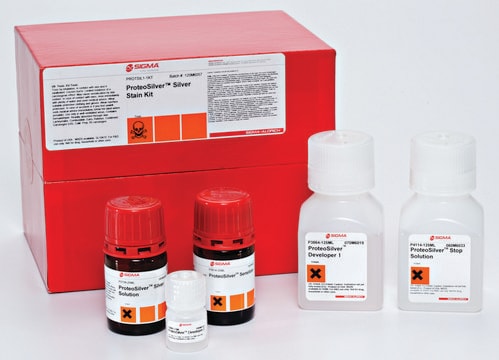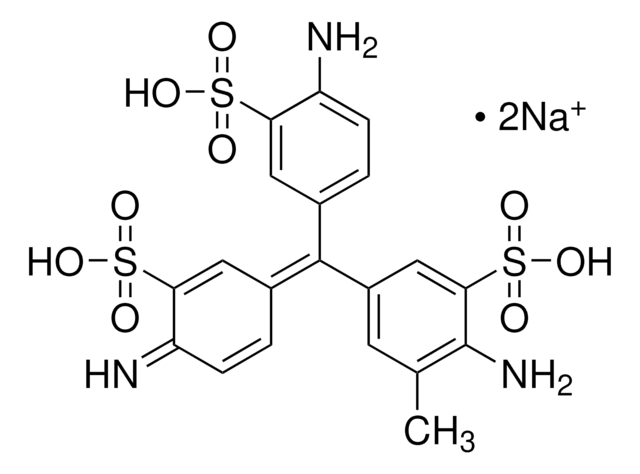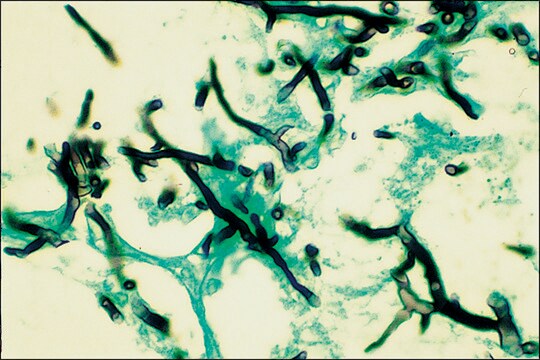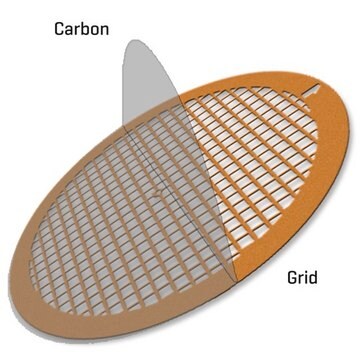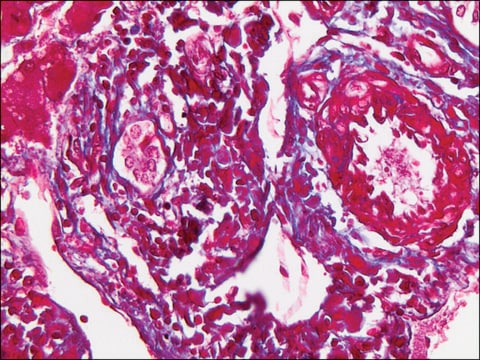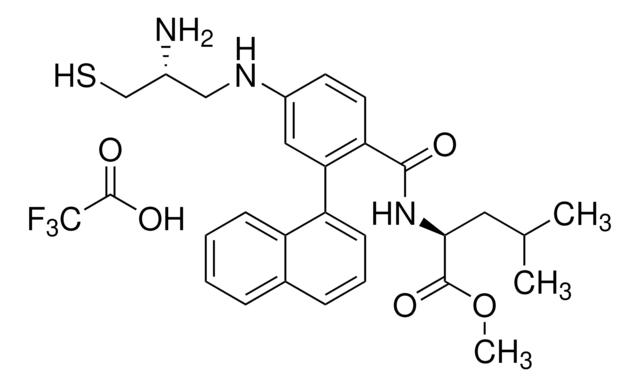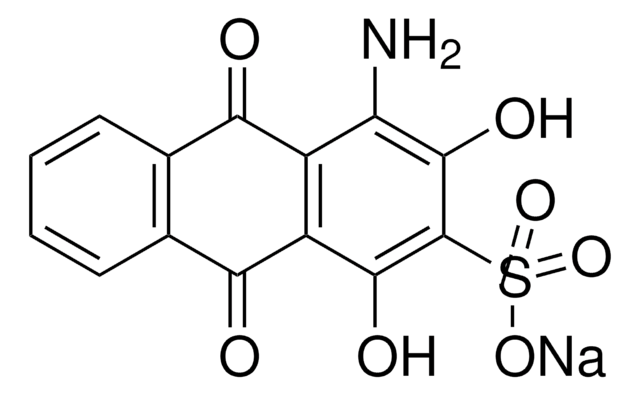05495
Silver proteinate
~8% Ag basis
Synonym(s):
Albumose silver, Protargol, Silver protein, strong
About This Item
Recommended Products
concentration
~8% Ag
pH
8.0-9.5 (10 mg/mL in H2O)
Looking for similar products? Visit Product Comparison Guide
Application
Other Notes
Storage Class Code
6.1C - Combustible acute toxic Cat.3 / toxic compounds or compounds which causing chronic effects
WGK
WGK 3
Flash Point(F)
Not applicable
Flash Point(C)
Not applicable
Personal Protective Equipment
Regulatory Listings
Regulatory Listings are mainly provided for chemical products. Only limited information can be provided here for non-chemical products. No entry means none of the components are listed. It is the user’s obligation to ensure the safe and legal use of the product.
ISHL Indicated Name
Substances Subject to be Indicated Names
ISHL Notified Names
Substances Subject to be Notified Names
JAN Code
05495-5G:4548173926926
05495-BULK:
05495-25G:4548173926919
05495-VAR:
Choose from one of the most recent versions:
Already Own This Product?
Find documentation for the products that you have recently purchased in the Document Library.
Our team of scientists has experience in all areas of research including Life Science, Material Science, Chemical Synthesis, Chromatography, Analytical and many others.
Contact Technical Service